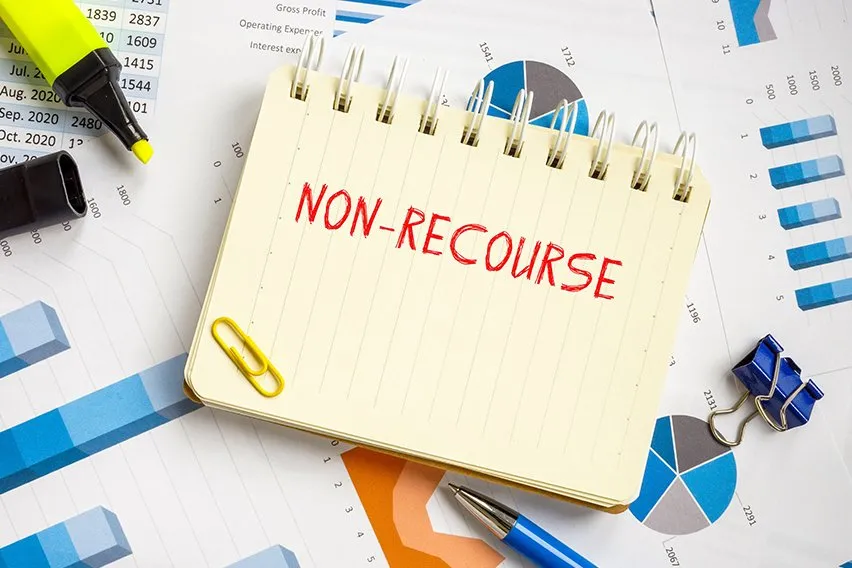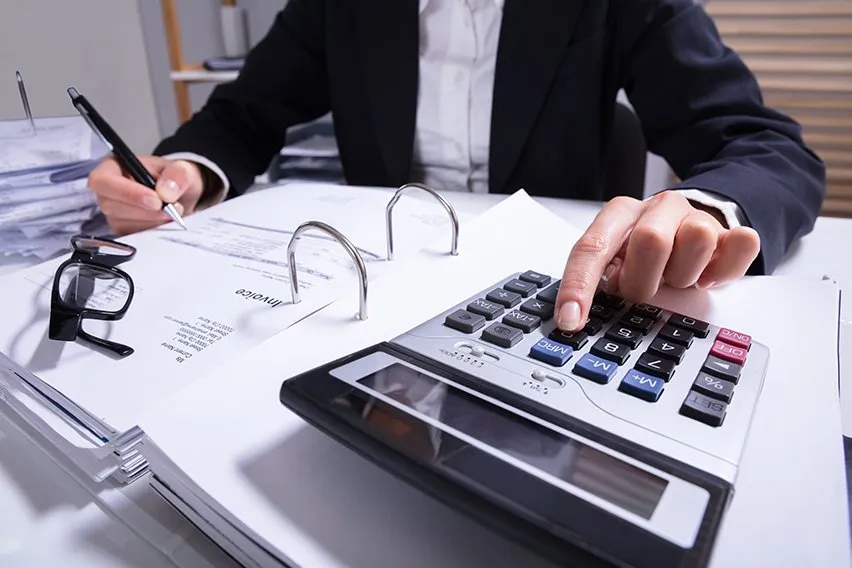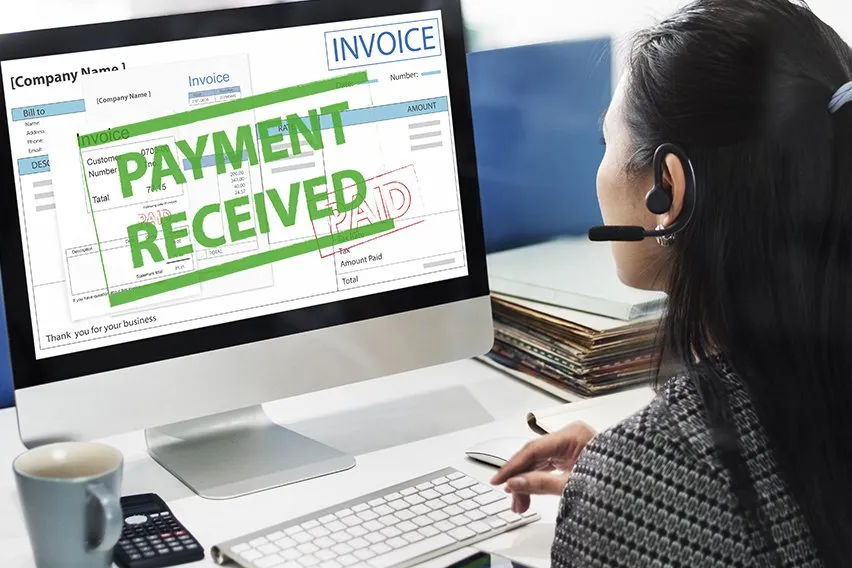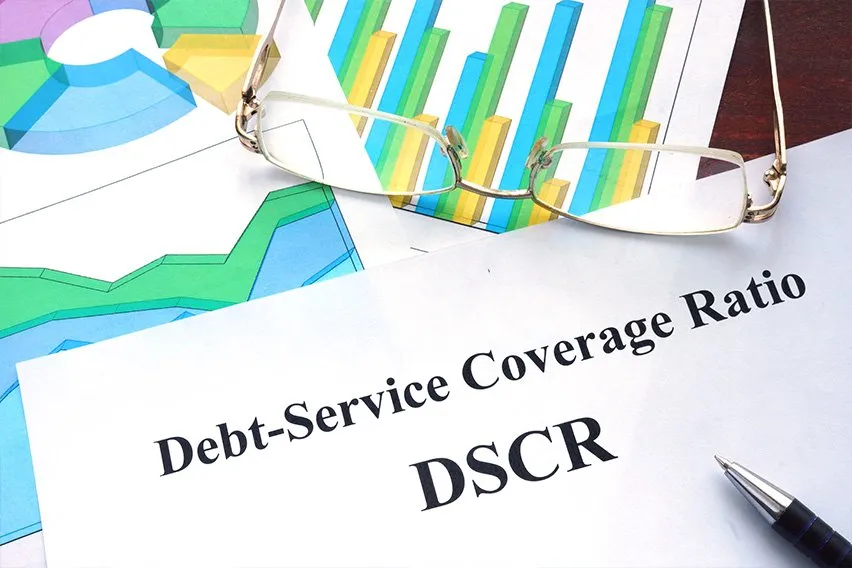What Is Recourse Debt? Understanding Small Business Loan Types

Recourse debt is one of the two primary types of debt. In the case of recourse debt, the borrower is personally liable for the loan repayment. If a borrower defaults on a recourse loan, the lender can collect what they’re owed toward the debt even after they’ve taken collateral from the debtor. If there is still an outstanding debt to be covered after the lender liquidates the collateral, the lender can go after the debtor’s other assets. The lender can also sue in court for garnished wages, meaning a court could rule that money paid to the debtor (including salary and other payments) can go directly to the institution or person owed money.
The following topics will help you better understand what recourse debt is:
What Is Recourse Debt in a Partnership?

What Is Recourse Debt?
Small businesses looking to borrow money need to understand what’s at stake in the loan agreements they sign. There are two general types of loans available to small businesses: recourse loans and non-recourse loans. The primary difference between the two types relates to whether or not the borrower is personally liable for loan non-payment.
Recourse Debt
A recourse debt holds the borrower personally liable in the case of default on the loan payments. Beyond the collateral covered in the loan contract, the lender can go after the borrower’s personal assets if there is still a balance owing toward the debt after the sale of collateral. Recourse loans favor the lender, whereas non-recourse loans favor the borrower.
What does it mean if your business defaults on a recourse debt payment? It means that as the borrower, the business owner can be held personally liable for the debt if there is still money owing toward the loan after the lender has sold off the collateral. The lender can take you to court in an effort to secure further payment toward the loan through one of the following methods:
- Garnishment: the lender has the right to take money directly from payments coming into the business to pay off the recourse loan
- Collections: the lender can sell the debt to a collections agency that will then try to collect on the debt
- Levies: sometimes, the lender can claim other assets owned by the borrower that weren’t originally included as collateral in the loan agreement
Non-Recourse Debt
A non-recourse debt is a debt in which the borrower is not personally liable in the case of loan nonpayment. Non-recourse debt is secured only by collateral, which in most cases is property. If the borrower defaults on the loan, the lender can collect the collateral outlined in the loan agreement. But the lender can’t go after the borrower for further compensation, even if the value of the collateral doesn’t cover the full amount of debt owing. In this way, non-recourse loans favor the borrower.
The IRS website offers more details on non-recourse debt.
What Is Collateral?
Collateral is an asset, usually property, that a borrower offers a lender to secure a loan. If the borrower doesn’t make the debt repayments according to the terms of the loan agreement, the lender can seize the collateral to reclaim the money lost as a result of the debt nonpayment.

What Is Recourse Debt in a Partnership?
Recourse debt in a partnership can mean that one or more partners may be personally liable for a loan default. The consequences of a recourse loan agreement in a partnership depend on the type of business partnership you’ve formed:
- General Partnerships: In the case of general partnerships, all partners are liable for the business’s recourse debts. That means that if the partnership defaults on its loan and the collateral offered doesn’t fully cover the outstanding debt, the lender can go after the personal assets of the partners.
- Limited Liability Company: As the name suggests, partners in a limited liability company hold limited personal liability. This means that even in the case of most recourse loans, the partners in a LLC could not be held personally liable for the company’s debts.
RELATED ARTICLES

 What Is Actual Cost?
What Is Actual Cost? How To Open A Business Bank Account in 6 Easy Steps
How To Open A Business Bank Account in 6 Easy Steps What is Accounts Payable: Definition, Process, and Examples
What is Accounts Payable: Definition, Process, and Examples What Is Accounts Receivable?
What Is Accounts Receivable? What Is DSCR? It’s Debt Service Coverage Ratio
What Is DSCR? It’s Debt Service Coverage Ratio What is a Cash Flow Statement? Definition and Importance
What is a Cash Flow Statement? Definition and Importance